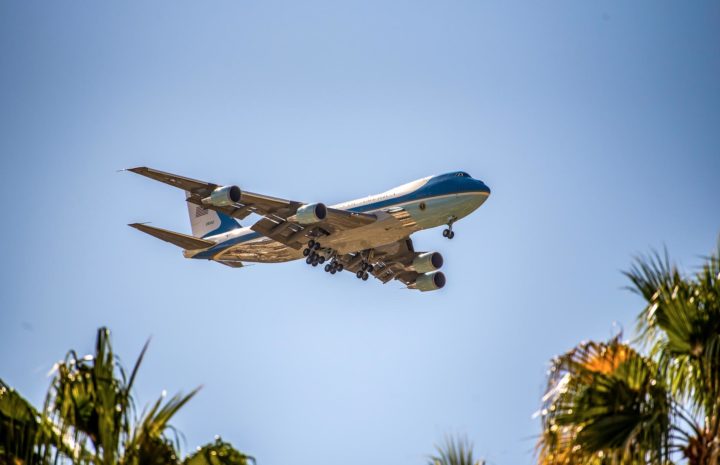Mastering the Boeing 737, the most frequent type of aeroplane is a source of pride for pilots. Because it has been purchased by more than 10,000 airlines worldwide, this aeroplane is an essential component of commercial aviation. However, to pilot a Boeing 737, pilots need to finish specialized training.
Flying The Boeing 737 Safely
A Boeing 737, a type of narrow-body jet airliner with two engines, can carry 189 passengers. Because of its dependability, fuel efficiency, and cheap operating costs, it is typically employed for travel over shorter to moderately long distances. To fly the 737 safely, the pilot must know its peculiarities.
Specialized Boeing 737 Pilot Training
Obtaining specialized pilot training is the first step in becoming an expert on the Boeing 737. Classroom instruction, training in flight simulators, and on-the-job instruction are all available to Boeing pilots. In addition to it, the program incorporates flight, emergency, and aircraft control systems.
Importance Of Flight Simulator Training
Flight simulator training is vital to the pilots program. Pilots can rehearse various flight scenarios and emergencies in the simulator, which is essential. The simulator replicates the 737 cockpit and flight controls, allowing pilots to practice and acquire confidence before flying the real thing.
Importance Of Recurrent Pilot Training
Pilots must undergo periodic recurrent training and pilot training to maintain competency. Since the pilot’s initial training, this encompasses simulator and classroom training on new processes and technology. Moreover, pilots must undergo regular training to stay abreast of industry standards and best practices.
Mastering 737 Systems And Controls
Learn the Boeing 737’s systems and controls to become an expert. A highly automated flight system assists pilots throughout takeoff, climb, cruise, descent, and landing on the Boeing 737. In addition, pilots must know how to operate and troubleshoot systems to handle emergencies and other unusual situations.
Understanding 737 Cockpit Technology
Digital screens, an autopilot, and a global positioning system can all be found in the cockpit of a Boeing 737. For pilots to make informed decisions while in the air, they need to be aware of the operation of these systems and how to evaluate them.
Importance Of Communication And Teamwork In 737 Flying
Piloting a 737 requires excellent communication and teamwork abilities. Pilots must communicate with the co-pilot, flight attendants, and ground crew to keep everyone on the same page and ensure a safe and efficient flight.
Becoming a Boeing 737 expert is an excellent achievement for any pilot. Due to its reliability, fuel efficiency, and low operating costs, the Boeing 737 is a crucial part of commercial aviation. Pilots must undergo flight simulators and recurrent training to maintain their skills. To operate safely and efficiently, one must grasp the aircraft’s systems and controls and have excellent communication and collaboration skills. When properly trained and experienced, pilots may fly the Boeing 737 and advance commercial aviation.

